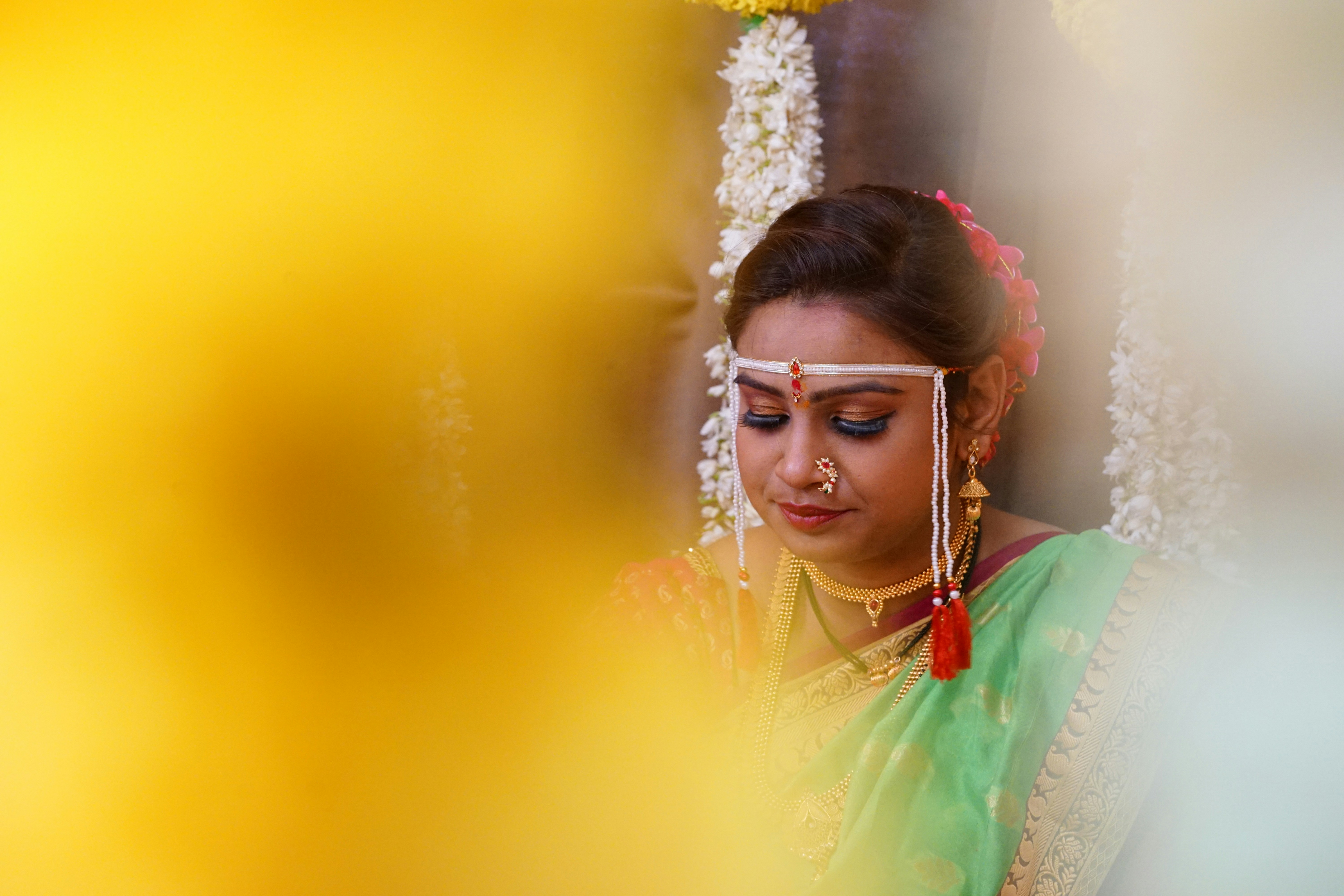
by Praniti Gulyani
Dear Indian Dowry Tradition,
Over the course of my life, I’ve seen you emerge within the people around me on multiple occasions.
However, when you sprout within me, I do not respond to your presence. Instead, I wrench you out of my being, and position you on a chair.
As opposed to communicating with you in gestures and expressions, I assume you to be completely human. Thus, I converse with you.
You and I have an interesting history. I met you for the first time when I was 11 years old, and saw you emerge within a relative—as he sat across a table talking about the girl he had decided to marry, because he loved her very much.
His demonstrations of romantic interest were nothing like the gestures of affection I had read about in my volumes of English literature. As opposed to the slightly lilac  glimmer of anticipation, I observed curving claws of commerce that extended beyond the boundaries of his irises.
glimmer of anticipation, I observed curving claws of commerce that extended beyond the boundaries of his irises.
He spoke about offerings—and how the family of his fiancée had offered to put forth a car, a refrigerator, jewelry and the “mandatory” amount of cash. Then, he looked around with a coy smile and asked if we wanted something for ourselves.
I remember asking for Little Men by Louisa May Alcott, and he responded by saying that my choice was not expensive enough.
Your appearance is most misleading. Even though you have shoulders made out of gold, and possess wandering-albatross-wingspan like palms that hold luxury cars and ‘mandatory’ piles of cash, I could not have guessed the electrifying glitter of your fingertips is capable of murder.
According to a U.N. study, 40 to 50 percent of female homicides in India were caused because of you. I wondered how you went about choosing your victims.
Judging by news reports that described how you killed Vismaya Nair, Kalu, Kamlesh, and Mamata Meena, I think I identified your strategy. You chose daughters who came from families that wore fiscal lack on their sleeves. Before deciding whom to do away with first, you lined them up—in an ascending order of intensity.
Because of the clandestine murderer that dwelled under your golden capes, a lot of people began to express contempt towards you. Soon enough, loathing joined hands with law, and in 1961—you were banished from Indian soil.
In addition to banning the activities that were facilitated by your presence, people were asked to stop thinking about you. Being dismissed from the mind is the ultimate form of exile, and I cannot imagine how that made you feel.
Nevertheless, the faithful people of my country would not let you be. Recognizing the smoothness that you brought about in the courting process, they pushed 20 women into your golden claws everyday.
After all, your presence made it all so simple—and nullified the complex need for love or even the slightest iota of familiarity.
Irrespective of your rickety record, the most significant part of our association was when I came across you between the pages of my mother’s wedding album. Like a phoenix rising from the flames, you drifted from the glossy pictures and sat cross legged on the leather cover.
When I looked at pictures of my newlywed father with one arm around the circular breast of an extravagant car with bands of gold around his wrists, you solemnly tapped my palm. The proud, pearl-coated smile on your face told me this was the byproduct of your existence.
As I took the album to my mother and asked her about your presence, she looked at me with disinterested eyes, almost as though I was talking about grocery shopping. She grouped you under the umbrella term of ordinary transactions that were essential for sustenance.
While grocery shopping was essential for the sustenance of the body, she said—you were vital for the sustenance of a marital alliance.
“For love, too?” I asked.
“Especially for love,” she replied.
